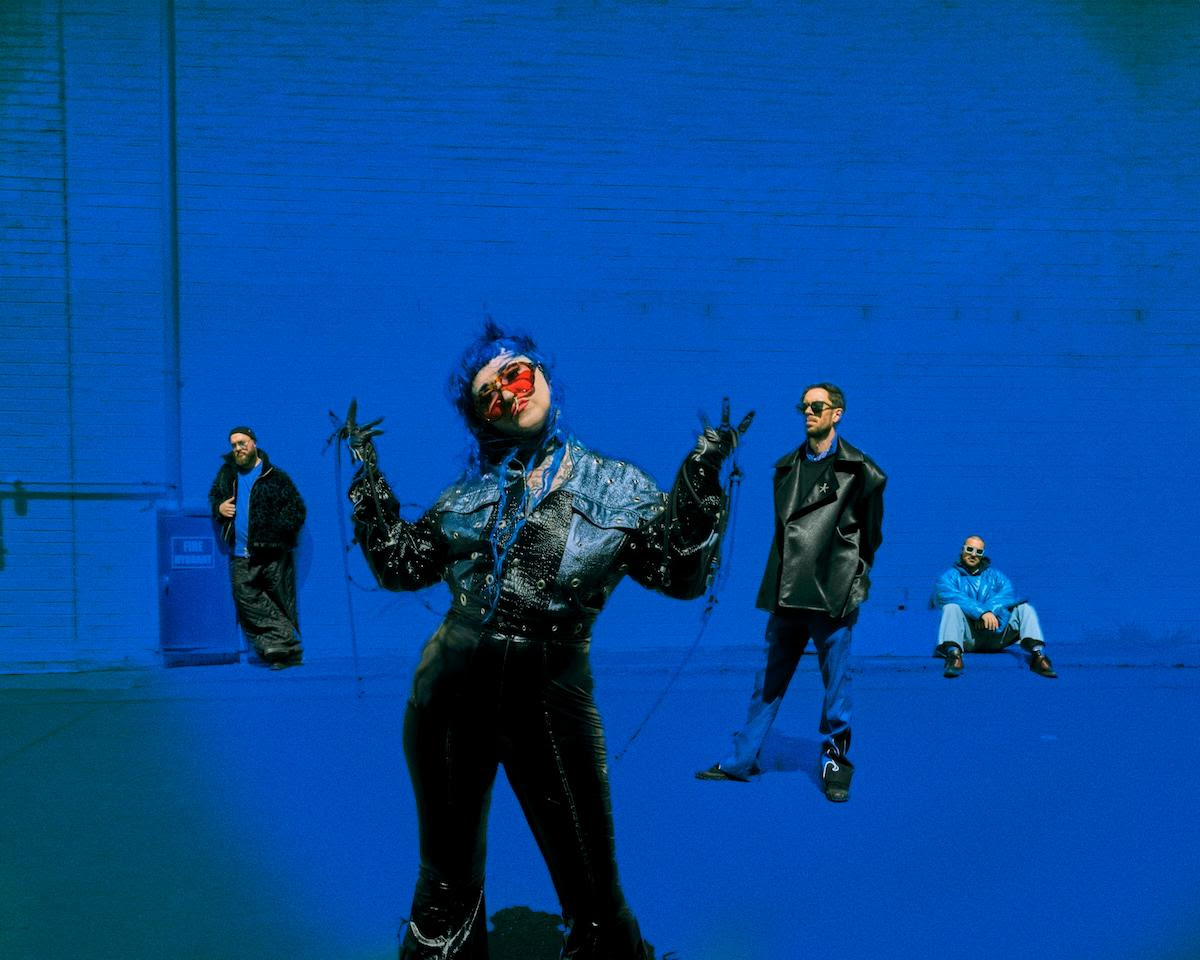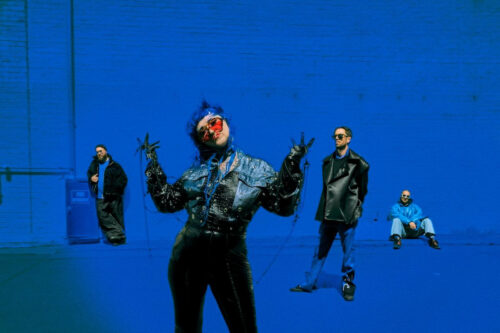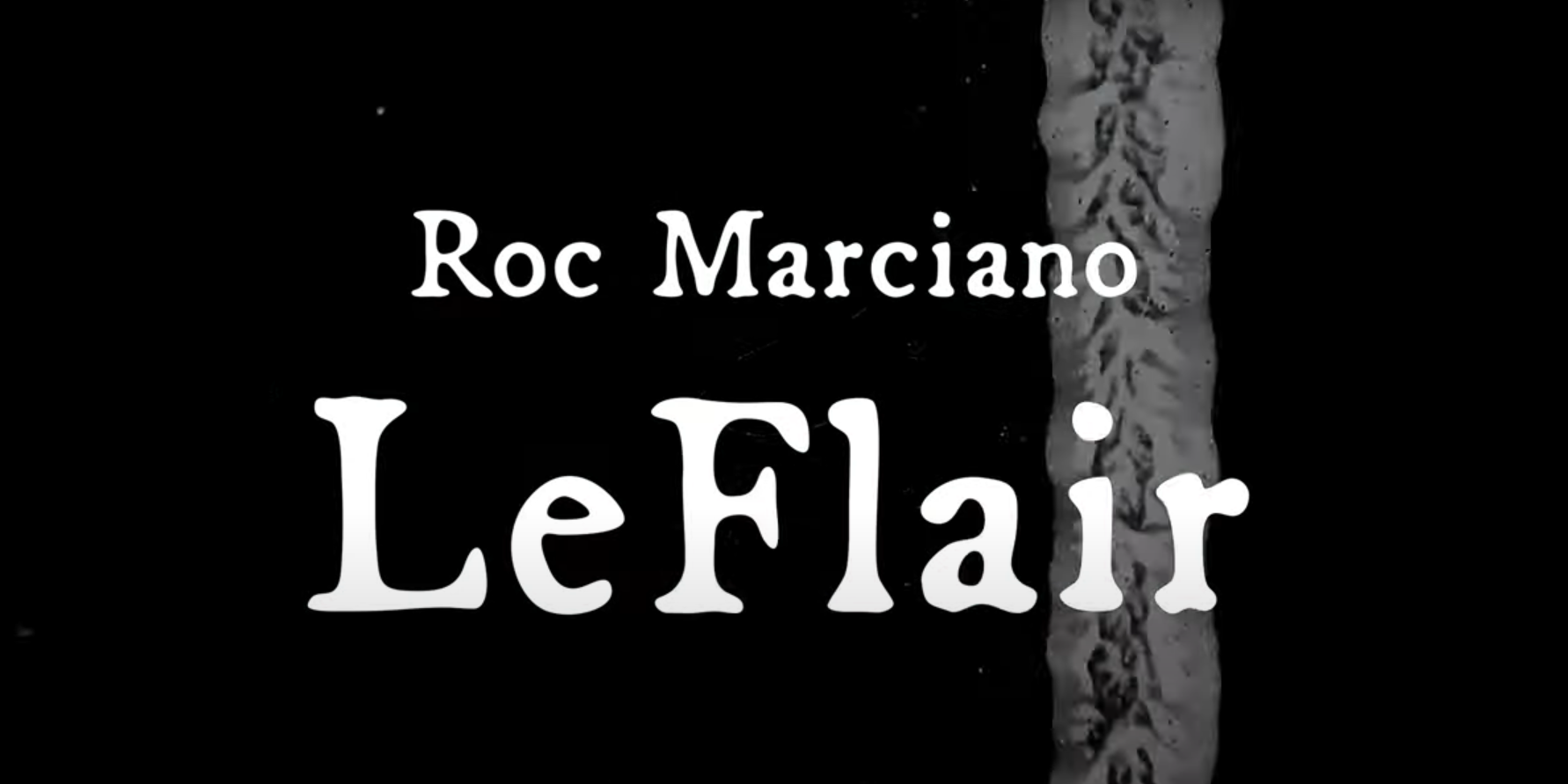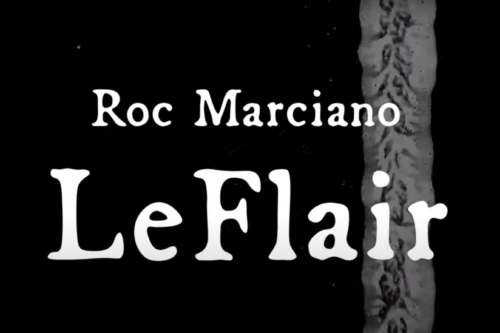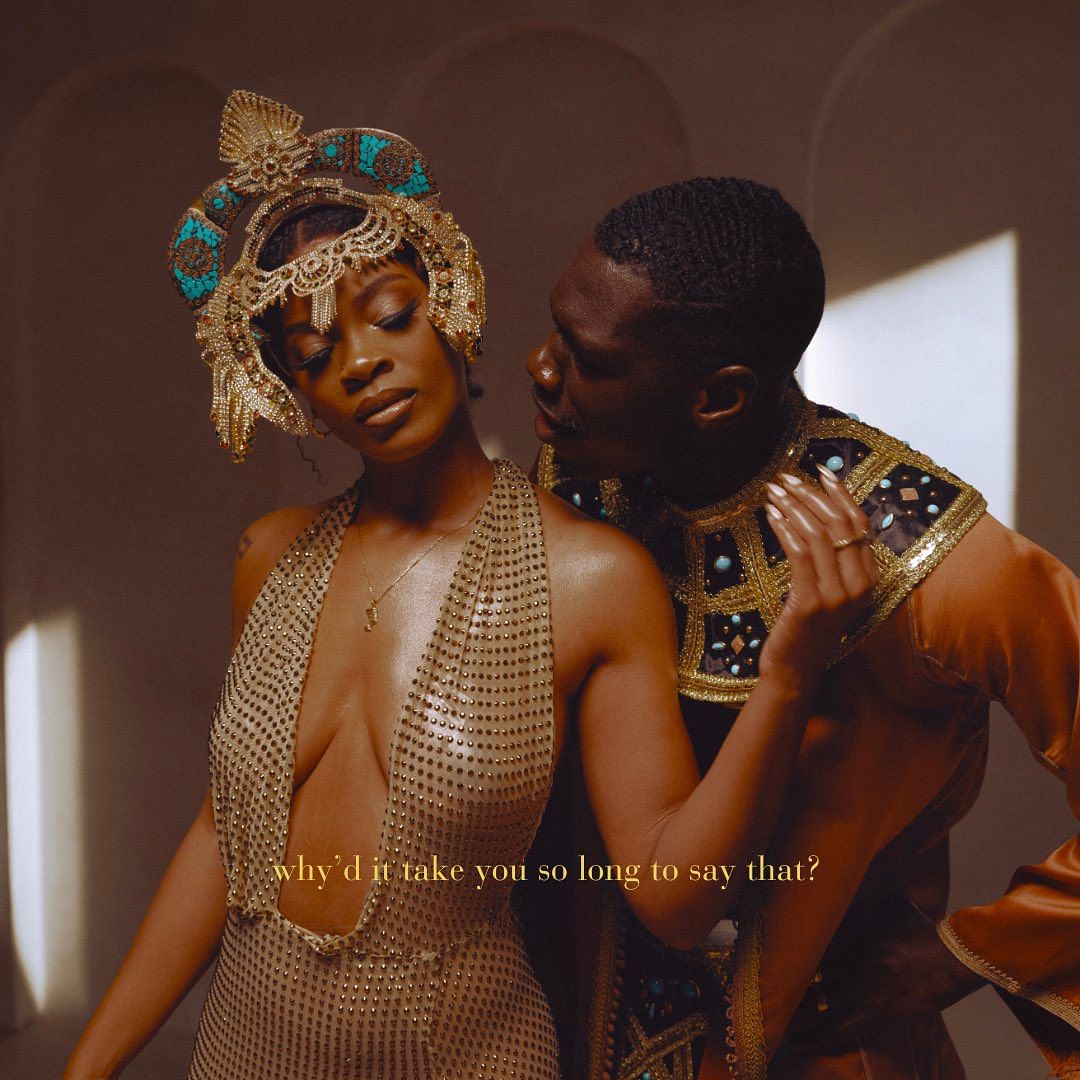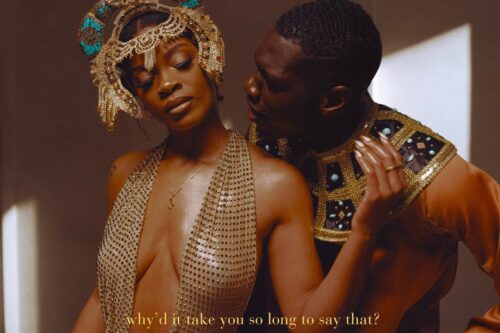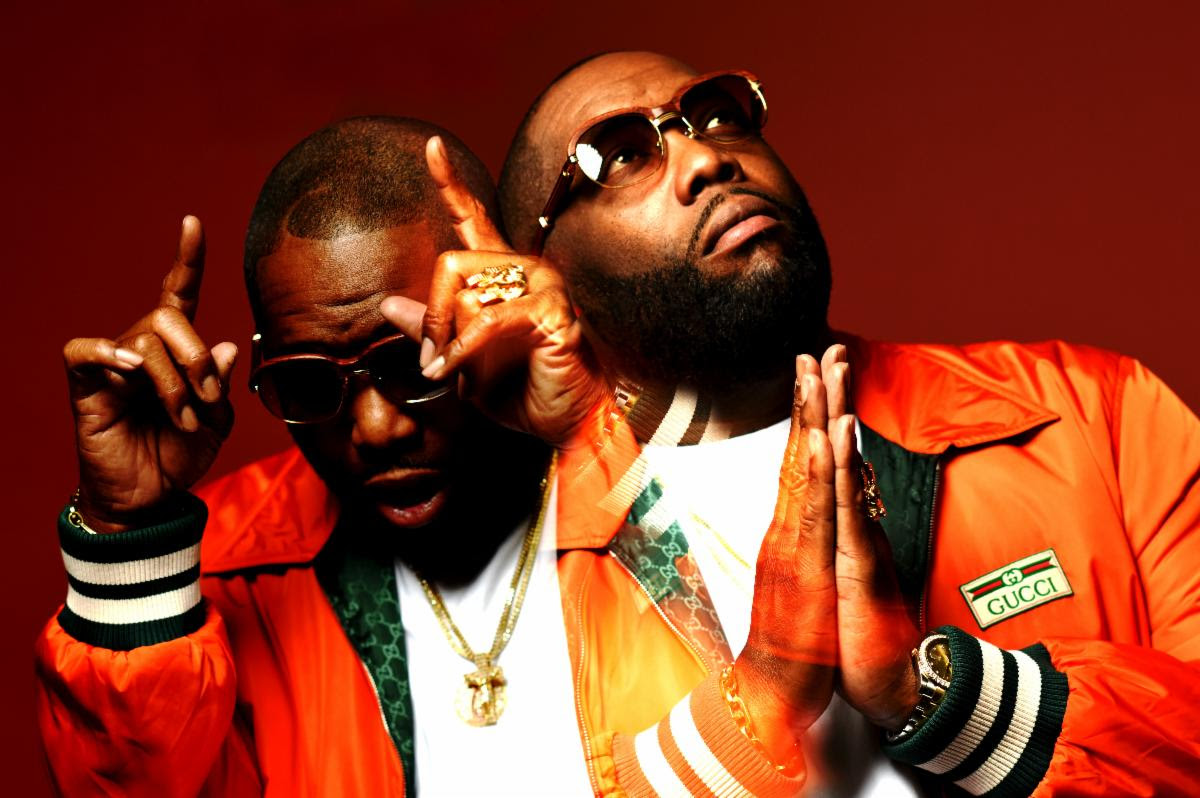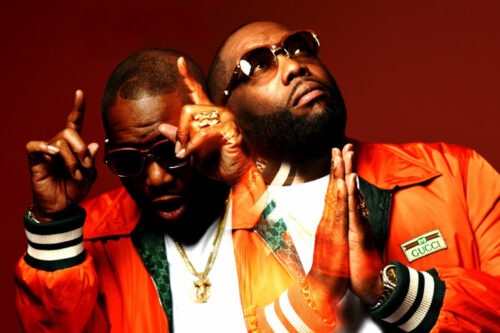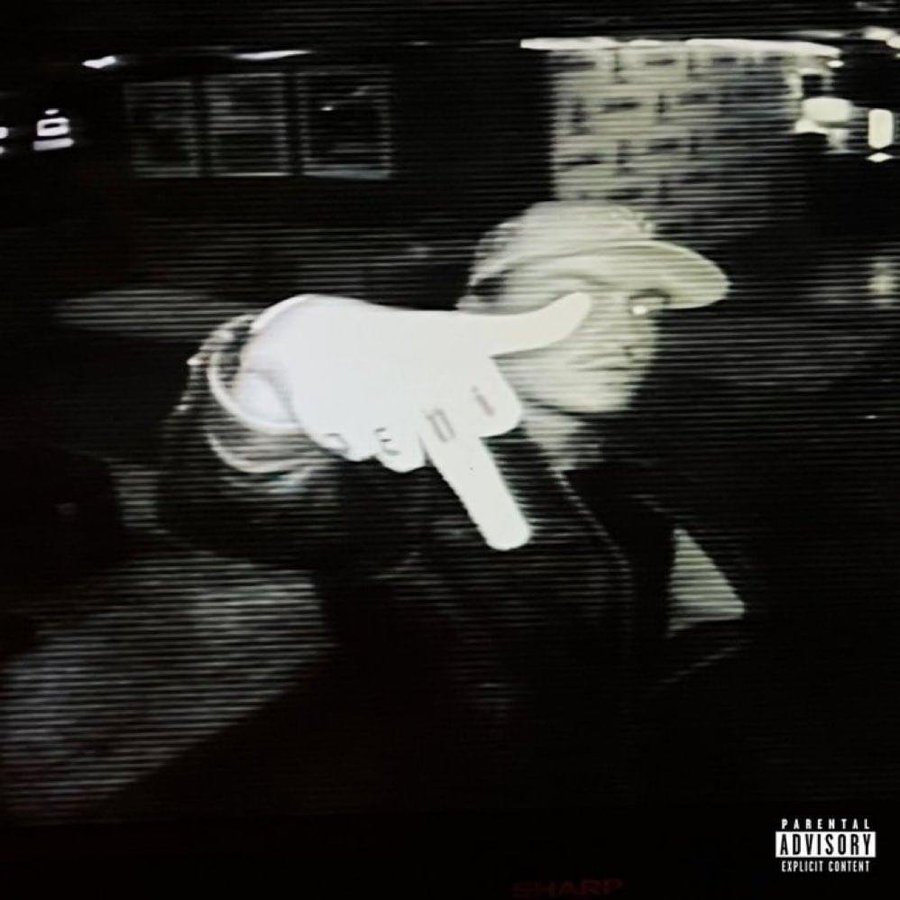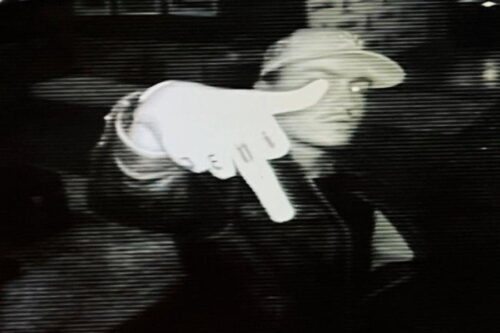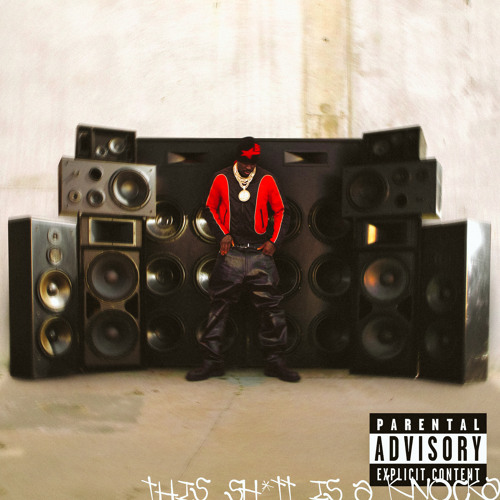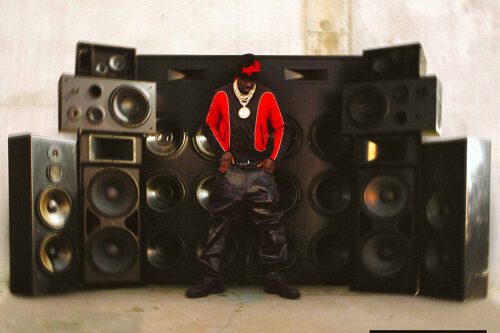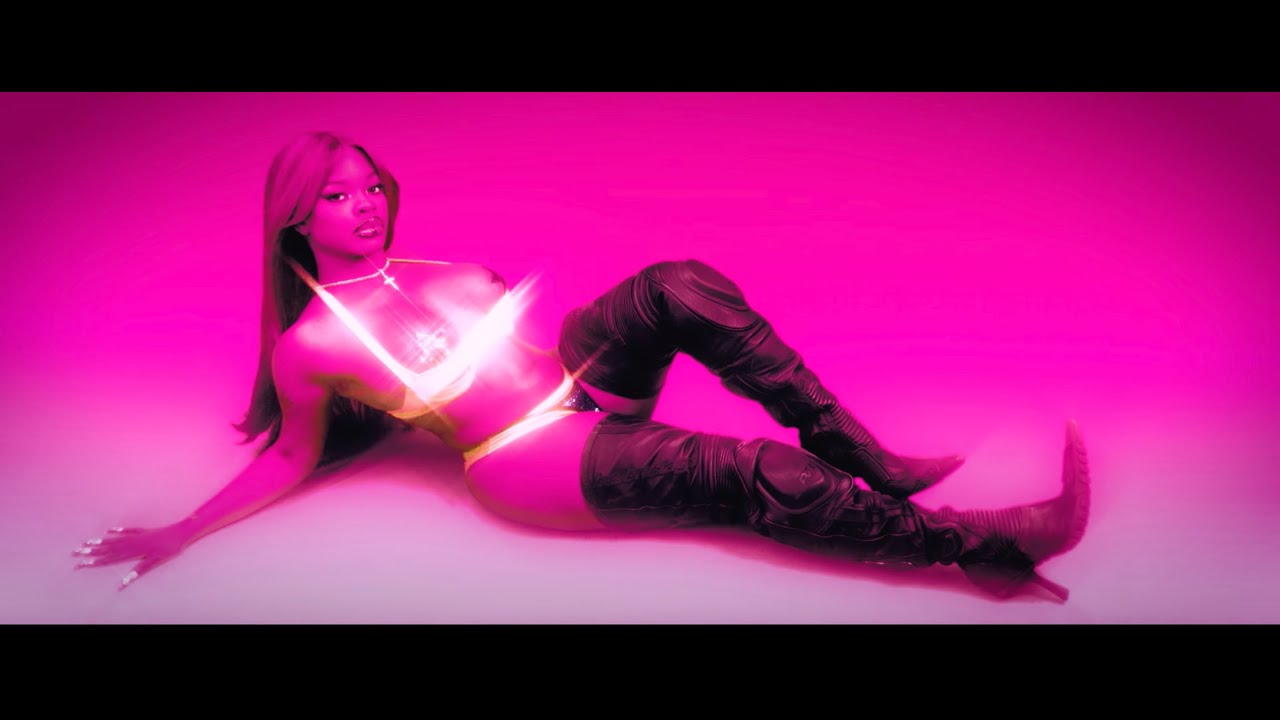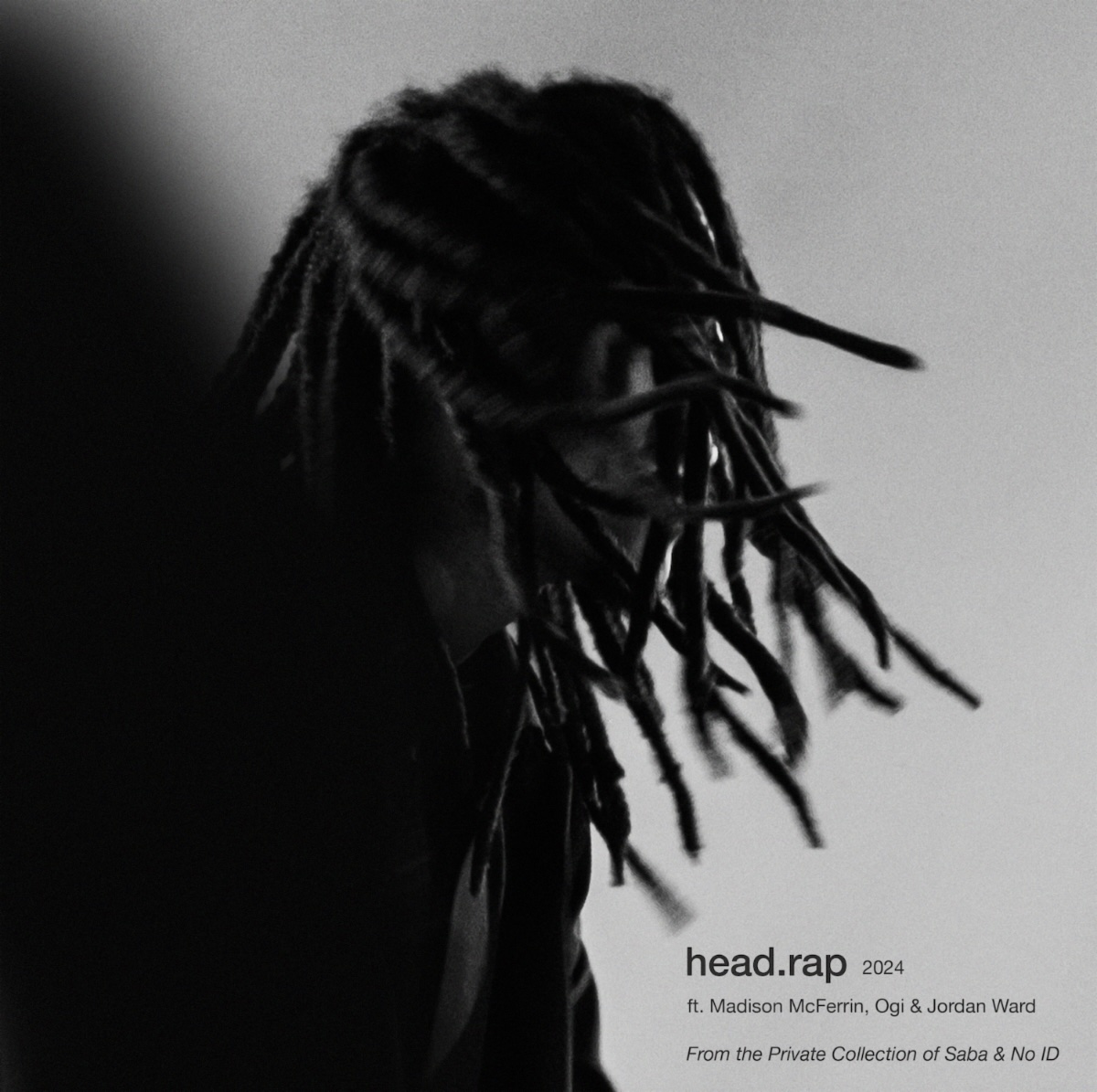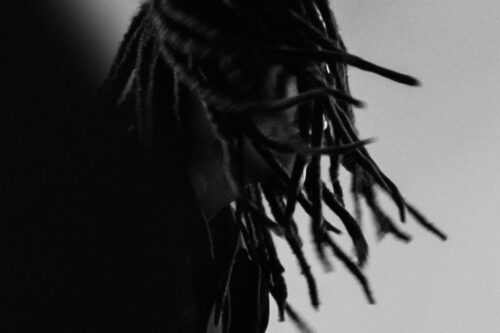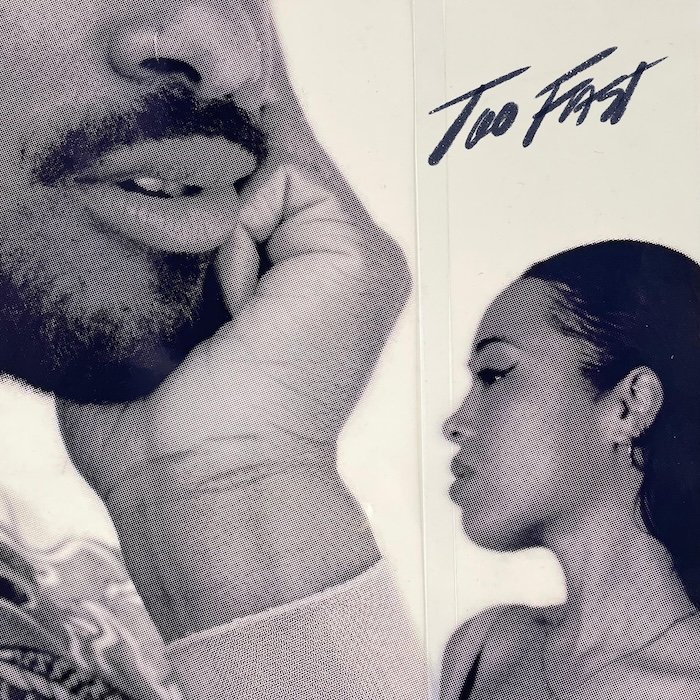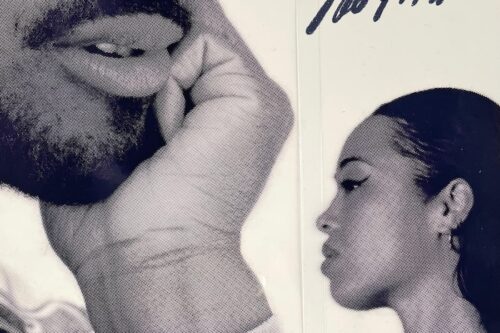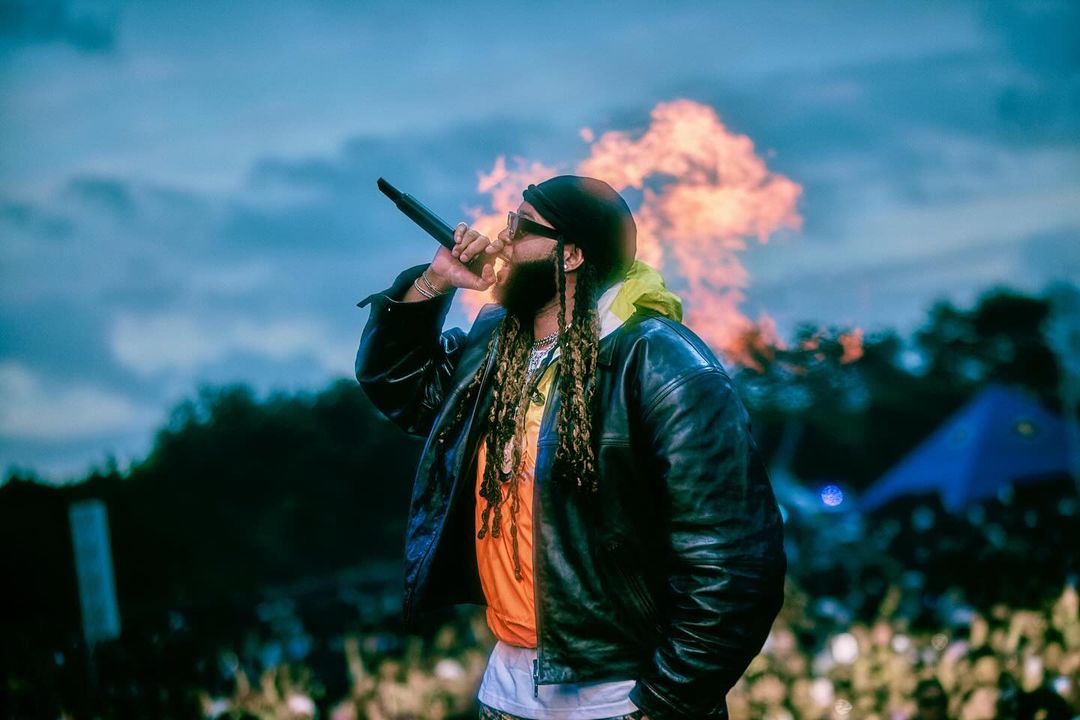
In rap, there are no title belts. For all the posturing and all the perpetual debates, there are no trophies to point to, no photos of Ice Cube with his arm around David Stern while confetti rains down on them.
But if O’Shea Jackson can’t hang a banner for the 1990-91 season, he can do the next best thing: lay out tattered vinyl copies of Amerikkka’s Most Wanted and Death Certificate. Most everyone who can lay serious claim to ‘best rapper alive’ status has a singular effort that defines their peaks; Nas has Illmatic, Andre and Big Boi have Aquemini. And then there’s Lil Wayne.
Wayne’s reign at the top wasn’t exactly short like leprechauns, but it doesn’t fit neatly into a Wikipedia entry. At the tail end of 2005, he released Tha Carter II. It was an excellent coke-rap album, but one that would be surpassed not just once, but twice, in 2006—by The Clipse’s Hell Hath No Fury and Ghostface’s Fishscale. And if you went into a coma at that point and were rattled awake three years later, you would hear the third Carter installment for what it is: a solid, intermittently brilliant album with sloppy A&R fingerprints all over it. And they don’t give awards for that.
But in between those Universal-sanctioned records, New Orleans’ favorite son ruled the world. From Dedication 2 to Da Drought 3 to the hundreds of loose tracks and show-stopping guest spots, by the end of 2007, Weezy had wrestled the crown squarely onto his dreadlocked head. An unstoppable, schizophrenic machine of a lyricist, his contemporaries could never quite keep up—“Duffle Bag Boyz” was gospel, then came “I Feel Like Dying”; Beatles samples and Mike Jones comeback singles were chewed up and spit out all the same.
Until now, there has never been a definitive Wayne record from this period. The frenzied pace of all those leaks was part of his mystique, sure, but where is the title banner? What hour of music argues for his place in the canon? After weeks of deliberation, we settled on this, the 2dopeboyz edit of Tha Carter III:
1. I’m Me
2. I’m A Beast
3. Kush
4. When You See Me
5. A Milli
6. I Know The Future f. Mack Maine
7. Scarface
8. I Feel Like Dying
9. Pussy, Money, Weed
10. Gossip
11. What He Does
12. Tie My Hands f. Robin Thicke
13. La, La, La
14. Prostitute Flange
15. Beat Without Bass
16. Let The Beat Build
(The rules were simple: anything that came out after Tha Carter II and before (or on) Tha Carter III was fair game, so long as it was over original production. “Beat Without Bass” was technically a Freekey Zekey song, but it is not, for all intents and purposes, a Freekey Zekey song.)
What’s left is the story of a man immune to everything but his vices. From “I’m Me” through “Scarface”, Wayne is bulletproof. He’s laughing at the feds on “A Milli”; he’s laughing at monogamy on “I’m A Beast”. Rap and everything it brought him—the women and the jewelry and the devil-proof coffins—is a cure-all like none he could have imagined. When he says on Kush, “I got a grill, I don’t have to get my tooth fixed”, it’s more than just a clever boast. He can hardly believe life is this good.
But then come the enemies Wayne conjured out of his own blunt smoke and paranoia. “I Feel Like Dying” (which was, for all intents and purposes, the first based freestyle) is a bad trip in audio form, and perhaps the best illustration of his warning from “Live From The 504”: “And to the kids, drugs kill, I’m acknowledging that/But when I’m on the drugs, I don’t have a problem with that”. When the hedonism from “Pussy, Money, Weed” and the professional pitfalls of “Gossip” finally take their toll, it’s back to basics.
Wayne’s superhuman façade cracks on “What He Does”, revealing something grittier and decidedly more empathetic—insofar as drug dealers inspire empathy. The twin tributes to his city are just as touching: “Tie My Hands” drags the listener through the botched response to Katrina, while “La, La, La” places you squarely in the carefree summers of Wayne’s childhood. These give way to the perplexingly feminist “Prostitute Flange”, and then one of the greatest victory laps in all of rap. This Carter III would not only be the pinnacle of Wayne’s vast catalog, but one of the finest rap releases of the 2000s.

To help explain what makes these records stand out above the rest, we rounded up a team of contributors from across the continent. Jibril Yassin is a writer from Edmonton who was listening to “Blood on the Leaves” when the CBC cuts were announced. Minneapolis-based Jack Spencer is best known as the rap head at City Pages. Also from the Twin Cities is rapper Tony the Scribe, one-half of the duo KILLSTREAK. Max Bell, Tosten Burks, Eric Thurm, and Alex Koenig are all contributors at Passion of the Weiss, the rap internet’s best-kept secret.
Then there are the wild cards: Meaghan Murray is a writer from Boston best known for her sex-centric poetry. Monroe Lawrence is one of Canada’s finest young writers, a poet who works and studies in Vancouver. We have our very own DOOM, a professional from the finance sector identified only as Swizz. Finally, there’s Alex Kilpatrick. Originally Claire Danes’ stunt double on Homeland, Kilpatrick was killed in 2007.
So put these songs in a playlist. Ride around with the windows down and a model dangling her shoes over the passenger door. If we’re wrong, let us know—but we aren’t. – Paul Thompson
1. I’m Me
A large part of Lil Wayne’s undeniable, inescapable success can be attributed to his originality. This is not to say Wayne was breaking new ground or boldly conquering unchartered territory; to the contrary, he often stuck to the basics in terms of both subject matter and sonic execution. But Wayne was able to strike a chord because his artistic voice was such a unique one—the combination of his unbridled energy, infectious charisma, confidence that still felt a bit inexplicable (say, wasn’t this guy releasing 500 Degreez a few years ago?), alternatively so-dumb-it’s-smart and so-smart-it’s-dumb wordplay, and unparalleled work ethic created something of a perfect storm. He was the ideal rapper for that moment in rap. And of all the Lil Wayne songs, I’m Me might just be the Lil Wayne-iest (take note that the song opens with three samples – each from three different Lil Wayne songs).
“I’m Me” is as urgent and forceful as anything he’s ever released. It feels like a victory lap without all the smug complacency usually inherent in victory laps. When Tha Carter III was released, Wayne (or whoever ultimately crafted the tracklist) was smart enough to understand that an “I’m Me”-style opener was needed. Unfortunately, “3Peat” is what you’d get if “I’m Me” was wrapped in tinfoil, left out on the counter, and microwaved a few days later. It pales in comparison to the bravado captured here. “I’m Me” was stuffed with all the witty pop culture references that we had come to expect from Lil Wayne, both relevant (the Kevin Federline line, at the time) and dated (that Lethal Weapon nod). But what ultimately carried it was Wayne’s belief that he was truly on top of the world—and after listening to this song, you believed him. – Swizz
2. I’m A Beast
“You Ain’t Got Nuthin” should’ve been replaced by the leaked “I’m a Beast.” The message of rap supremacy/throne ascendancy is essentially the same, but the delivery is the difference between cane and Gold Metal flour.
The former features tepid thug posturing over an Alchemist beat that would’ve been far more murderous in the hands of a post Return of the Mac Prodigy. Fabolous’s unconvincing menace leads to strained bars from a rapidly declining Juelz Santana. Wayne’s energy is undeniable, but the purposeful mispronunciation gambit becomes a crutch. And, after aimless braggadocio, he devolves into his grating, lollipop auto-tune warble.
The efficacy of “I’m a Beast” is partially due to its fixation with tangible wealth. Wayne plays table tennis (not Ping-Pong) on yachts. His cloud nine residence has a lobby full snobby women and drawers full of Saks Fifth drawers. These are the fruits of excelling at your hobby.
The beat is booming and frenetic, tempered with twinkling bells and chipmunk soul samples, and suited to Wayne’s syrup-addled psychosis. It’s the aural equivalent of speeding in your Eddie Bauer Expedition with glinting Cash Money chains dangling from your neck.
Here Wayne also revels in his hilarious similes. The game is milked like a cow; he’s fly like a pigeon is on his back. Additionally, his descent into the purple Sprite midnight result in his sharpest chauvinism: “Adultery – compulsively.” The words, “I’m a beast,” were already rap de rigueur, but Wayne poured his Styrofoam cup on them. When you have a predilection for dick jokes that borders on sublimated homoerotic desire, refusing to riff on the fact that badminton is played with a shuttlecock means you can’t drop the ball. You don’t even have to rhyme. – Max Bell
3. Kush
There was never a truly carefree rap song until this one. “Kush” is one of the most purely, immutably happy things Wayne has ever made—the last verse starts “Buck-forty on a ring that I don’t really wear/But I bet it light up the night like the city fair”. Those who lash out at perceived materialism in rap (be they Fox News personalities or Macklemore fans) are throwing all nuance out the window. Soulless consumption is one thing, but bragging that you bought a grill and now no longer have to get the dental work you could never afford is another entirely.
Maestro’s beat lets air into all the pockets, alternately speeding up and slowing down. But it can barely keep up with Wayne, who dances over the track while he talks breezy about lean and coupes and breakfast cereal and Curtis Martin. This is how you make a single for a major label; for most artists, “Kush” leaking would be a huge setback, to the point where it might shelve a project. Wayne, of course, had a half-dozen more Billboard gems in the clip. But it’s still a shame this wasn’t the one. – Paul Thompson
4. When You See Me
“When You See Me” is the clear-headed Exhibit A for Wayne as a nimble, adaptable rapper. The second verse is a master class in using multi-syllable rhyming as part of quick, incisive writing, rather than just stringing together nonsense phrases. And when he talks about his work (“shit look marble in a certain light”), it all comes rushing back: the image of Wayne over a stove, the underdog from the Hot Boyz. Wayne was never really post-regional, he just was post-TRL. He was speaking to a huge, pop-oriented audience; the proper Carter III was probably never destined to have sparse coke-rap songs where Baby gets his hand-rub on after each verse. It was—and still is—plain to see how much Wayne enjoys being a star, but this is Wayne in love with rap. “We appeal when they ex-tra-dite us” is as proud a line as there is on this version of the album, because these are all status symbols: Sonny in A Bronx Tale is a hero, unqualified. See, you might have a positive aim, but Wayne aims 9s. – Paul Thompson
5. A Milli
Back in the day, when I was still selling second-hand RV’s out of a dealership in Penticton, British Columbia, rappers fell somewhere on a spectrum between NWA and Tupac, somewhere between waxing poetical about structural racism in the criminal justice system and shouting “FUCK THE POLICE” as loudly as they could. There was always at least some thought put into it; even Young Buck talked about unequal protection and police brutality. Then Wayne happened.
If there’s one thing Lil Wayne wants you to know, it is that Lil Wayne is absolutely not here to think. Gangsters don’t ask questions. Gangsters don’t want answers. Gangsters, real gangsters, are operating around a two step strategy:
1. Get money
2. Spend it
There is no third step for Wayne. There is no intervening morality. There is no pretense of raising the hood up, or getting his moms a house. Wayne is going to take a bunch of money, somehow, and then spend it on exotic cars with women in them and exotic women with coke in them. Lil’ Wayne wants to fill a ’95 Windstar with strippers and just crash into shit on Wilshire Boulevard.
The similes in “A Milli” are bad, famously so, intentionally so. Lil Wayne wants to avoid any semblance of significance so badly that he shoehorns Orville Redenbacher into his lines about the police. The only rap hall of fame Wayne wants to be a part of is Erykah Badu’s uterus. – Alex Kilpatrick
6. I Know The Future f. Mack Maine
I don’t think every song ever is poetry; I’m sure Weezy has had bouts of just really shitty songwriting. But “I Know The Future” has a nice balance of two things: the simple slang that’s often heard in rap, and some wicked poetic lines (ie- “I know they can’t fuck with me/‘cause I can’t fuck with my damn self”). I love that. If it reaches me on multiple levels, it’s a good song. Not only does Lil Wayne reference Mickey Mouse and Donald Duck, Mack Maine alludes to David and Goliath! As a Catholic Disney fanatic, how could I not like this? You gotta love those voices too. So sexy. It’s quite the empowering, endorphin-boosting little ditty. But Wayne also makes it clear that things aren’t easy, so it feels really honest? Does that make sense? I don’t know. The beat, along with the lyrics, made me go out and run around town like Rocky. Very inspiring. Then I got hit by a car. But I was listening to “I Know The Future”, so I got up and kept running. – Meaghan Murray
7. Scarface
There’s nowhere to go from here. “Scarface” is as climactic as a song can get; Wayne is at the edge of Pride Rock, and he is master of all he surveys. “Protect me from my friends, I can take care of my enemies/I come from where the niggas just kill to save energy.” He has words for the President of the country, but Bush is merely added to a list that includes rappers and magazine editors. This is the sound of a man about to crash, refusing to take the curves slower.
And that’s why it ends this first section of the album. The invincibility is only one side of Wayne in his prime. Bush might not be able to stop Wayne, but Wayne himself can do it. “Scarface” is the perfect cap to his unbeaten streak. It’s telling that Wayne imagines himself as the man everyone recognizes but nobody knows; there are only so many accolades he can collect before he has to look in the mirror. As Wayne’s focus turned inward toward the end of 2007, his music became darker and more conflicted. – Paul Thompson
8. I Feel Like Dying
This song, left off Tha Carter III yet still responsible for getting him sued for sample-clearance issues, is easily one of Wayne’s best among his mixtape material. A prime example of hip-hop’s love of self-contradiction, Featured on The Drought Is Over 2, this is among his most bizarre and free-thinking songs. Wayne airily whispers an ode to drugs over a looped sample about how drug addiction makes you want to end your life. The sample’s melodically depressing catchiness is offset by little more than a basic drum pattern and Wayne’s fantastical lyrics about floating in a drug-trip wonderland, and he knowingly teases around drugs’ double-edged nature by letting the sample continually return to the hook of “I Feel Like Dying” while never saying the words himself. The lyrics are really fun and crazy, but played against the beat it’s hard to tell if it’s a celebration, a cautionary tale, or (most likely) simply a perfect accident Wayne stumbled across while experimenting. It’s a profoundly off-kilter track that has remained one of his most popular. – Jack Spencer
9. Pussy, Money, Weed
Call it unabashed, beautiful blasphemy. On “Pussy, Money, Weed,” Lil Wayne lays down the Zagat’s guide to sexual metaphors over a chipmunk-soul sample of OutKast’s “Jazzy Belle,” the bible-alluding ATLiens classic that aimed to warn the modern woman of sexual promiscuity. “We have sex orientation,” Wayne boasts. “When I hit it, she squint like them Orient Asians,” the stoned creator mashing homophones together as if they were silly putty. It’s a premonition to modern ratchet and a strip-club slow jam; the snares clacking like a dancer’s high-heeled platform shoes on an aluminum pole. The dreadlocked New Orleans playboy has never sounded so down to get it up.
Seven years after the release of his hedonistic street anthem have shown that Wayne still hasn’t outgrown his vices. It doesn’t help that Wayne’s recent bars make you want to crack your head on a beer bottle: “I would talk about my dick, but that’s a long story.” If the not-quite-as-young Weezy F Baby doesn’t soon learn to trade his magnums for marriage counseling, he may one day have the title of this song carved into his epitaph. But “Pussy, Money, Weed” gives us hope that he can be good at being bad again, and guarantees that before the day Mrs. Carter finally steps to the altar, Lil Wayne is going to have one hell of a bachelor party. – Alex Koenig
10. Gossip
The first time you may have heard “Gossip” was during the 2007 BET Awards, when Wayne performed it for the very first time, with enough pyro behind him for a rock star. For anyone who hasn’t, it’s on YouTube so go peep it. It’s a damn shame the track was relegated to castaway status. “Gossip” works best as a warning shot, and hearing it in the context of Tha Carter III, it’s a hell of a shot courtesy of Dr. Carter himself. It starts off restrained, featuring nothing but Wayne and an efficient Streetrunner beat filling out the space around his croak of a voice, giving him room to weave and drop all of those ‘best rapper alive’ brags that he’s great at. The difference here is he believed it too. Airing out every grievance he’s got, Wayne sounds lit and it’s great to hear him go at the mic with such conviction. “I feel hip hop stole me like a bus pass” he throws out. By the time the final verse comes around, Wayne can hardly control himself, stuffing his bars with endless metaphors and weed references, refusing to let us go before he gets his final say. ”I’m not dead, I’m alive” he proclaims, sounding defiant over the fading beep of a heart monitor. Yet as great a closing statement those aforementioned words happen to be, “Gossip” showed a Wayne far more than alive. — Jibril Yassin
11. What He Does
The manic energy of Tha Carter III is one of its biggest selling points, but “What He Does” would have given the album a relatively simple moment to ground tracks like “A Milli”—gone is the wordplay for its own sake, lyrical gymnastics, and any semblance of Lil Wayne the caricature. Instead, he’s as stripped-down as he can be, expressing the conflict between his love of the drug game and his love for his girl, backed by a beat that wouldn’t have sounded out of place on Late Registration. On “What He Does,” Tunechi may “think about you when I’m riding dirty,” but he’s still riding, asking whether the sun would even continue to rise if he quit cooking—this is Weezy’s storytelling at its best, and its cleanest, doing nothing more than painting a picture of a hustler and his worrying girlfriend, soulfully voiced on the hook by Nikki in a performance that blows her appearance on “Weezy Baby” out of the water. “What He Does” is Lil Wayne at his calmest and most direct, the type of understated song it’s impossible to imagine him making now, and there’s something almost more subversive about that. “What He Does” is straight fire with no tricks, and for that alone it should have made the final Carter III lineup. – Eric Thurm
12. Tie My Hands f. Robin Thicke
There’s something incredibly humble about Wayne making himself a mouthpiece. In the midst of his hubris-filled dash to the top of rap, he set aside his own agendas to give a voice to his native New Orleans. Aside from the terrible, look-at-your-phone-so-as-not-to-make-eye-contact Robin Thicke ad-libs, everything about “Tie My Hands” is intimate, perfect for a love letter to a city. The stripped-down Kanye West beat is somber, but not so slow as to feel defeated. Wayne’s voice is affected with his signature cracking, but for the first time on the record it sounds like the product of uneasiness, more than just a verbal tic.
Before “Tie My Hands”, Wayne’s signature Katrina song was the scathing “Georgia…Bush”. It was an understandable, necessary reaction. That people were allowed to wither away on rooftops and in Superdomes as they did defies all reason. But “Tie My Hands” is not about asking questions. It’s not about assigning blame. It’s about survival. – Paul Thompson
13. La, La, La
I didn’t hear “La, La, La” until three years after it dropped. Any reasonable rap fan would rightfully ask what the fuck I was doing for those three soulless years; truthfully, I couldn’t tell you. My best guess is that I was stockpiling Doomtree B- Sides like they were gasoline in the apocalypse. Whatever, it doesn’t matter anymore. What does matter is that the first time I heard Lil Wayne’s masterpiece, I was home from college on break, underage in a bar on Minneapolis’ West Side. Appropriate, as “La, La, La” is nothing so much as a triumphant homecoming. From his first iconic lines “Born in New Orleans / Raised in New Orleans / I will forever remain faithful New Orleans”, Wayne rolls through the hood like Odysseus (the modern version with better features), returning to an Ithaca where Penelope is a baby momma and every suitor posts up in a Crown Vic. The flawless beat urges Weezy F Baby to “tell the story”, and that’s exactly what he does, with all the charisma of Danny Ocean emerging from prison. “Eagle street, keep it going ‘til Homer’s home”. Damn straight. –Tony the Scribe
14. Prostitute Flange
There is a strong argument to be made that the concept of one’s virginity is deeply misogynistic. The notion—centuries old but certainly not forgotten—that a woman is somehow tainted, or less valuable because she has slept with another man is as possessive as it is laughable. But, hey, it gave us “Super Ugly”.
The conversation about sexism (or really any –ism) in new music often gets hung up on semantics. But more frustrating than a stray “bitch” is when the women described in songs are given no real agency. On the brilliant, bizarre, rambling “Prostitute Flange”, Wayne sheds all of that. All he’s asking for is honesty. When he was being bronzed alive for vicious guest verses and world-beating anti-everything barbs, he dropped a six-minute faux-R&B song drenched in Autotune and understanding. It opens: “I wouldn’t care if you were a prostitute/And that you hit every man that you ever knew/See, it wouldn’t make a difference if that was way before me and you, girl”. Now everything is alrightttt. – Paul Thompson
15. Beat Without Bass
Save yourself the trouble and cut it off at the 1:45 mark. No Jha Jha or Freekey Zekey needed.
There is a moment in “Beat Without Bass”—after the “Gin and Juice”-ish background whistle has made its presence known, and after the beat has established that it is not, in fact, without bass—at which Lil Wayne primary accents “sophisticated,” rendering “phistication” a noun and “so” its modifying adverb. It’s the kind of pun you might make to your friends, unsure whether to be proud or sheepish. But Wayne’s neologisms are second to his commentary, here—content taking precedence, form outperformed. The first of the four lines I’m quoting acts as the copula from the preceding “I say bitch I ain’t God”—“Nas” half-rhymes between “God” and “nines—effectively linking the second line of the song to its fourth, fifth, and sixth (and seventh and eighth):
But I am God’s son, but you know I ain’t Nas;
See, he got a positive aim, and I aim nines;
Man, little Weezy got a style that even I can’t find;
Man, some shit just be so hard, I be like that line ain’t mine.
Here, Wayne is deploying the trope of the artist-as-vehicle. He has found, and is now attempting to descrive, that elusive phenomenon of flow (in the traditional sense of flow as freestyle, as well as that of Mihaly Csikszentmihalyi’s book “Flow: The Psychology of Optimal Experience”) in which he is no longer consciously agonizing over every couplet; instead, he is simply a conduit through which grammar can pass untrammeled. The self is obliterated in order to make room for language. And then it returns, incredulous. “I say bitch I ain’t God / But I am God’s son.” Weezus. – Monroe Lawrence
16. Let The Beat Build
Come on, you knew we’d end with this. “Let the Beat Build” was one of the few stop-everything moments on the version of Tha Carter III that made it into Target. A self-aware romp, hyper-musical grooves in a sea of bad radio hooks, one of the last times it was at all conceivable to believe Wayne when he called himself the best rapper alive. Dirty fingernails, two-story cars, just a snare and an 808. Scientific. All great album closers should go a minute before the first drum clap. If NYU music classes aren’t covering you, you’re doing it wrong.
Though this song poses an intellectual dilemma. Its greatness lies in Wayne’s symbiosis with Kanye’s production—speeding up his flow with each new layer, harmonizing onomatopoeia with drums, double-timing a grand finale in the open space. It defies the drug-addled spontaneity narrative. How could a divine wind be so calculated? If Weezy represents all the glorious surprise of not having a plan, what does it mean when he displays structure? The approach here is deliberate, that tragic flaw that we now blame for his downfall. But at least once, it worked. If only he didn’t lie. Wayne never replenished. – Tosten Burks

